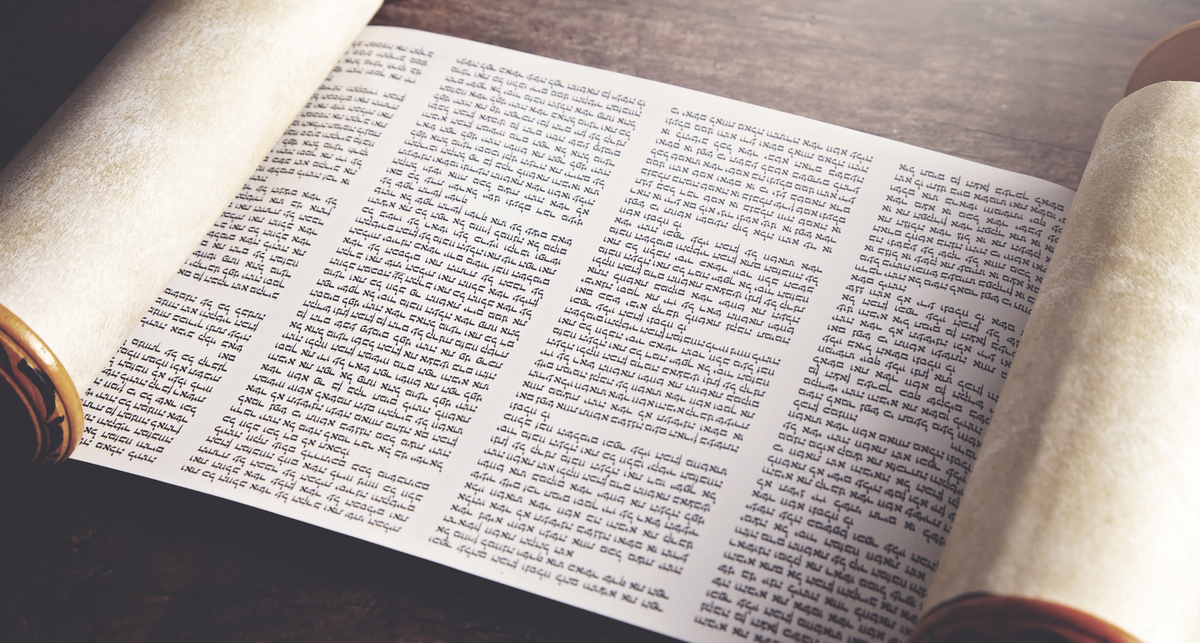Have You Not Read?
In at least five instances, Jesus challenged his hearers by asking, “Have you not read…?” With this powerful rhetorical question, the Master Teacher emphasized to the Jewish leaders they already should have known the answer to their question because the Scriptures addressed it.
-
- Jesus is Lord of the Sabbath (see Matthew 12:1-8; Mark 2:23-28; Luke 6:1-5)
- God created marriage when he made human beings male and female (see Matthew 19:1-6; Mark 10:1-9)
- The Second Time Jesus Cleansed the Temple (see Matthew 21:12-17; Mark 11:15-19; Luke 19:45-48)
- The parable of the wicked vinedressers (see Matthew 21:33-46; Mark 12:1-12; Luke 20:9-19)
- The Sadducees ask Jesus about the resurrection (see Matthew 22:23-33; Mark 12:18-27; Luke 20:27-40)
In all five of these instances, Jesus asked, “Have you not read?” or something similar for a very important reason. His hearers should have known more than their questions or actions demonstrated they knew. The Scriptures, which were authoritative, spoke plainly regarding the matters at hand.
It Is Written
Jesus used the phrase “It is written” (referring to what was written in the Old Testament Scriptures) no less than 19 times. Some of these, of course, were recorded in the Gospels more than once, because more than one Gospel writer write about them. In a few instances, Jesus stated “It is written” or something similar more than once. Here are the 15 incidents in which Jesus made his statements, in probable chronological order.1 You’ll find that items 3 and 4 in the above list overlap with items 10 and 11, respectively, in this list.
-
- Satan tempts Jesus — Matthew 4:1-11; Mark 1:12-13; Luke 4:1-13 — 3 instances, each recorded twice, although Matthew 4:7 and Luke 4:8 differ slightly (see Matthew 4:4,7,10; Luke 4:4,8,12)
- Jesus praises John the Baptist — Matthew 11:2-19; Luke 7:24-28 — 1 instance (see Matthew 11:10; Luke 7:27)
- The Father draws people to Jesus — John 6:43-47 — 1 instance (see verse 45)
- People have corrupt hearts — Matthew 15:1-9; Mark 7:1-8 — 1 instance (see Mark 7:6, worded slightly differently in Matthew)
- Elijah represents John the Baptist — Matthew 17:9-13; Mark 9:11-13; Luke 9:36 — 2 instances (see Mark 9:12,13)
- The testimony of two men is true — John 8:14-18 — 1 instance (see verse 17)
- The crutial question — Luke 10:25-29 — 1 instance (see v. 26)
- Jesus quotes Psalm 82:6 — John 10:34-39 — 1 instance (see verse 34)
- For the third time, Jesus predicts His death and resurrection — Matthew 20:17-19; Mark 10:32-34; Luke 18:31-34 — 1 Instance (see Luke 18:31)
- Jesus cleanses the temple a second time — Matthew 21:12-13; Mark 11:17; Luke 19:45-46 — 1 Instance (see Matthew 21:13; Mark 11:17; Luke 19:46)
- Parable of the evil vinedressers — Matthew 21:33-46; Mark 12:1-12; Luke 20:17-19 — 1 instance (see Matthew 21:42; Mark 12:10; Luke 20:17)
- The tribulation — Matthew 24:15-28; Mark 13:14-23; Luke 21:20-22 — 1 instance (see Luke 21:22)
- “One of you will betray Me” — Matthew 26:20-24; Mark 14:21; Luke 22:21-23; John 13:21-30 — 1 instance (see Matthew 26:24; Mark 14:21)
- Jesus fortells Peter’s denial — Matthew 26:31-35; Mark 14:27-31; Luke 22:36-37 — 1 instance (see Matthew 26:31; Mark 14:27; Luke 22:37)
- Jesus explains the Scriptures concerning Himself — Luke 24:44-46 — 2 instances (see vv. 44,46)
Note:
1based on Robert L. Thomas, ed., and Stanley N. Grundy, associate ed., The NIV Harmony of the Gospels: A Revised Edition of the John A Broads and A. T. Robertson Harmony of the Gospels (San Francisco: Harper & Row, 1988.
Copyright © 2024 by B. Nathaniel Sullivan. All rights reserved.
top image credit: Lightstock
